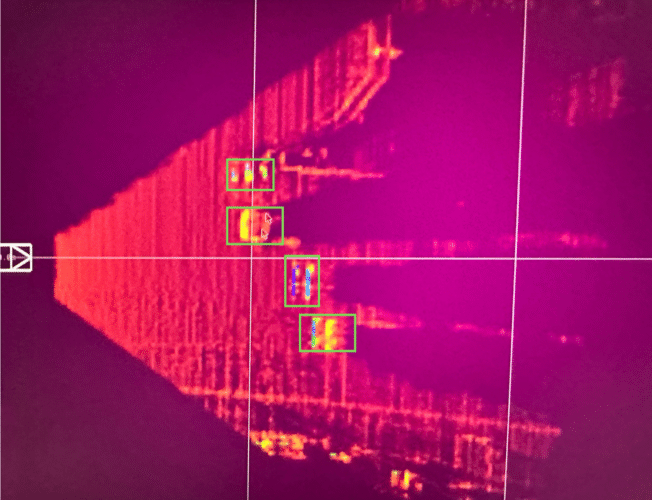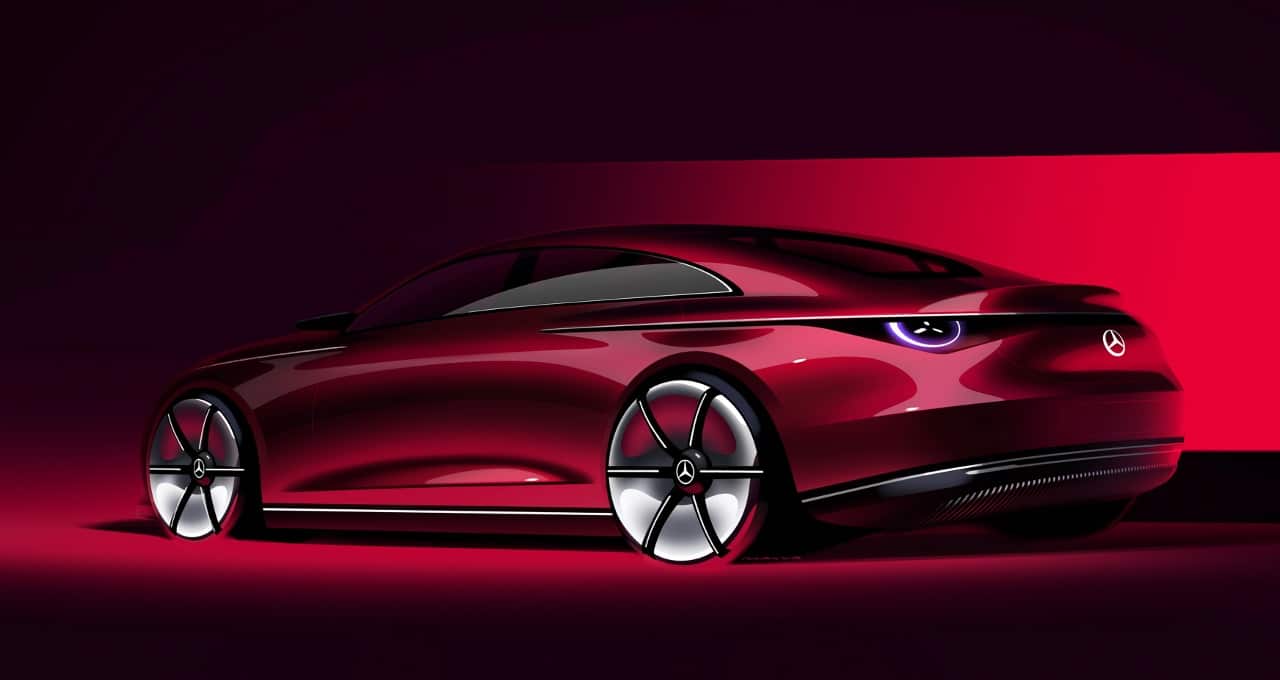Generative AI’s transformative effect on the auto industry took center stage last week at the International Motor Show Germany, known as IAA, in Munich.
NVIDIA’s Danny Shapiro, VP of automotive marketing, explained in his IAA keynote how this driving force is accelerating innovation and streamlining processes — from advancing design, engineering and digital-twin deployment for optimizing manufacturing…to accelerating AV development with simulation…to enhancing retail experiences.
The gen AI message was also shared just ahead of the show in a fireside chat at NVIDIA headquarters with NVIDIA VP of Automotive Ali Kani and Aakash Arora, managing director and partner at Boston Consulting Group, who discussed the rapid pace of innovation, and how genAI will improve in-car experiences and transform the way vehicles are designed, manufactured and sold.
Electric Vehicles Dominate the Show Floor
The auto industry’s move toward electrification was on full display at IAA, with a number of global automakers showcasing their current and upcoming electric mobility lineup.
Mercedes-Benz took the wraps off its Concept CLA Class, giving visitors insight into the brand’s future vision for the entry-level segment.
Designed on the upcoming Mercedes-Benz Modular Architecture (MMA) platform, the exterior of the Concept CLA Class teases an iconic design and evokes dynamic performance. Its interior provides the ultimate customer experience with exceptional comfort and convenience.
The combination of high performance, sustainability, safety and comfort paired with an outstanding digital experience will help Mercedes-Benz realize its Ambition 2039 vision to be net carbon neutral across its entire fleet of new vehicles by the end of the next decade.
As the first car to be developed on the MMA platform, the Concept CLA Class paves the way for next-gen electric-drive technology, and features Mercedes-Benz’s new operating system, MB.OS, with automated driving capabilities powered by NVIDIA DRIVE. With an anticipated range of more than 466 miles, the CLA Class has an 800V electric architecture to maximize efficiency and performance and rapid charging. Configured for a sporty, rear-wheel drive, its modular design will also be scalable for other vehicle segments.
Lotus conducted test drives at IAA of its Lotus Eletre Hyper-SUV, which features an immersive digital cockpit, a battery range of up to 370 miles and autonomous-driving capabilities powered by the NVIDIA DRIVE Orin system-on-a-chip. With DRIVE at the wheel, the all-electric car offers server-level computing power that can be continuously enhanced during the car’s lifetime through over-the-air updates.
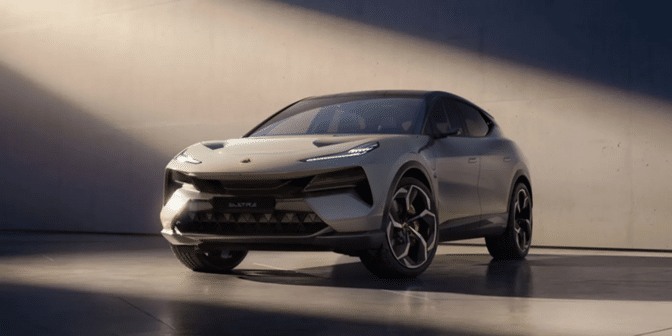
U.S.-based Lucid Motors premiered during IAA its limited-production Lucid Air Midnight Dream Edition electric sedan, which provides up to 496 miles of range. The sedan was created with the European market in mind.
The automaker also showcased other models, including its Lucid Air Pure, Air Touring and Air Grand Touring, which come with the DreamDrive Pro advanced driver-assistance system (ADAS) powered by the high-performance compute of NVIDIA DRIVE for a seamless automated driving experience.
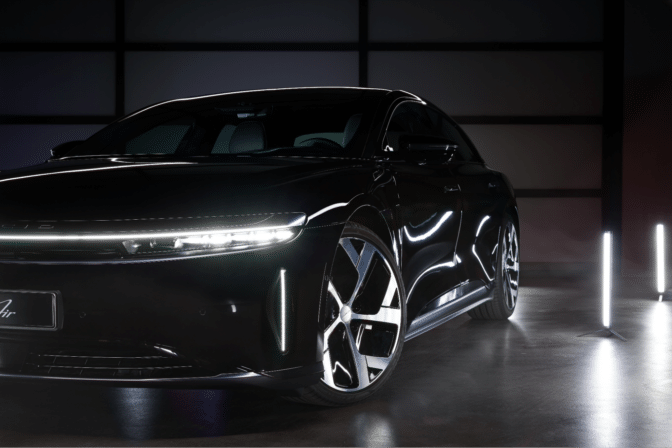
China’s emerging EV makers — which have been quick to embrace the shift to electric powertrains and software-defined strategies — were also in force at IAA as they set their sights on the European market.
Auto giant BYD presented a diverse lineup of five EVs targeting the European market, along with the seven-seater DENZA D9 MPV, or multi-purpose vehicle, which features significant safety, performance and convenience options for drivers and passengers. DENZA is a joint venture brand between BYD and Mercedes-Benz.
The eco-friendly EVs demonstrate the latest in next-gen electric technology and underscore BYD’s position as a leading global car brand.
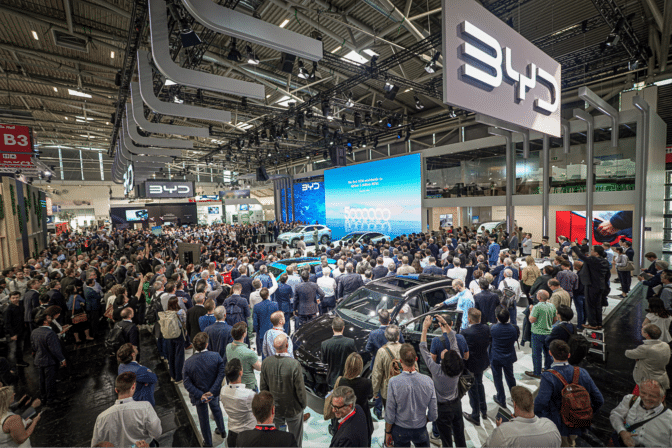
LeapMotor unveiled its new model, the C10 SUV, built on its LEAP 3.0 architecture. The vehicle is equipped with 30 high-resolution sensors, including lidar and 8-megapixel high-definition cameras, for accurate surround-perception capabilities. It’s powered by NVIDIA DRIVE Orin, which delivers 254 TOPS of compute to enable safe, high-speed and urban intelligent-driving capabilities.

XPENG’s inaugural presence at IAA served as the ideal opportunity to introduce its latest models to Europe, including its G9 and P7 EVs, with NVIDIA DRIVE Orin under the hood. Deliveries of the P7 recently commenced, with the vehicles now available in Norway, Sweden, Denmark and the Netherlands. The automaker’s intelligent G6 Coupe SUV, also powered by NVIDIA DRIVE Orin, will be made available to the European market next year.
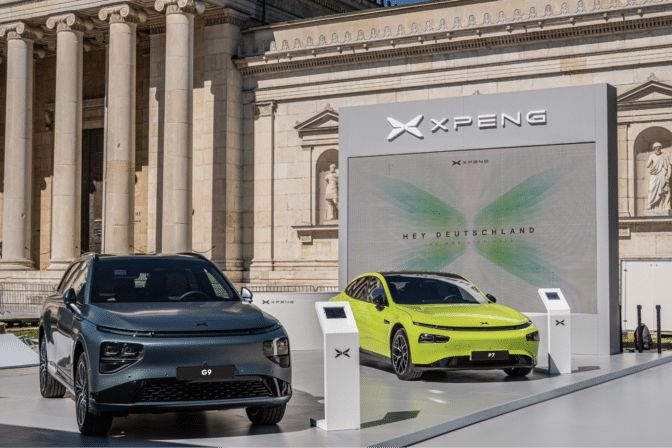
Ecosystem Partners Paint IAA Show Floor Green
In addition to automakers, NVIDIA ecosystem partners at IAA showcased their latest innovations and developments in the mobility space:
- DeepRoute.ai showed its Driver 3.0 HD Map-Free solution built on NVIDIA DRIVE Orin and designed to offer a non-geofenced solution for mass-produced ADAS vehicles. The company plans to bring this NVIDIA-powered solution to the European market and expand beyond later next year.
- DeepScenario showed how it’s using NVIDIA hardware for training and inference on its AI models.
- dRISK, an NVIDIA DRIVE Sim ecosystem member, demonstrated its full-stack solution for training, testing and validating on level 2-level 5 ADAS/AV/ADS software, preparing autonomy to handle regulatory requirements and the full complexity of the real world for the next generation of highly effective and commercially viable autonomous solutions.
- NODAR introduced GridDetect, its latest 3D vision product for level 3 driving. Using off-the-shelf cameras and NVIDIA DRIVE Orin, NODAR’s latest system provides high-resolution, real-time 3D sensing at up to 1,000m and can detect objects as small as 10cm at 150m. GridDetect also provides a comprehensive bird’s-eye view of objects in all conditions — including in challenging scenarios like nighttime, adverse weather and severe fog.
- SafeAD demonstrated its perception technology for mapless driving, fleet map updates and validation processes.
